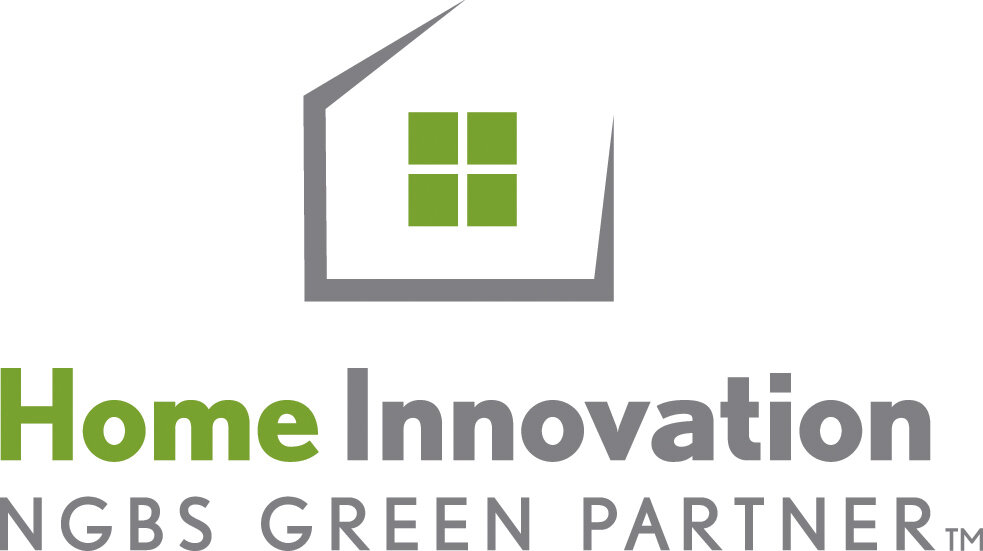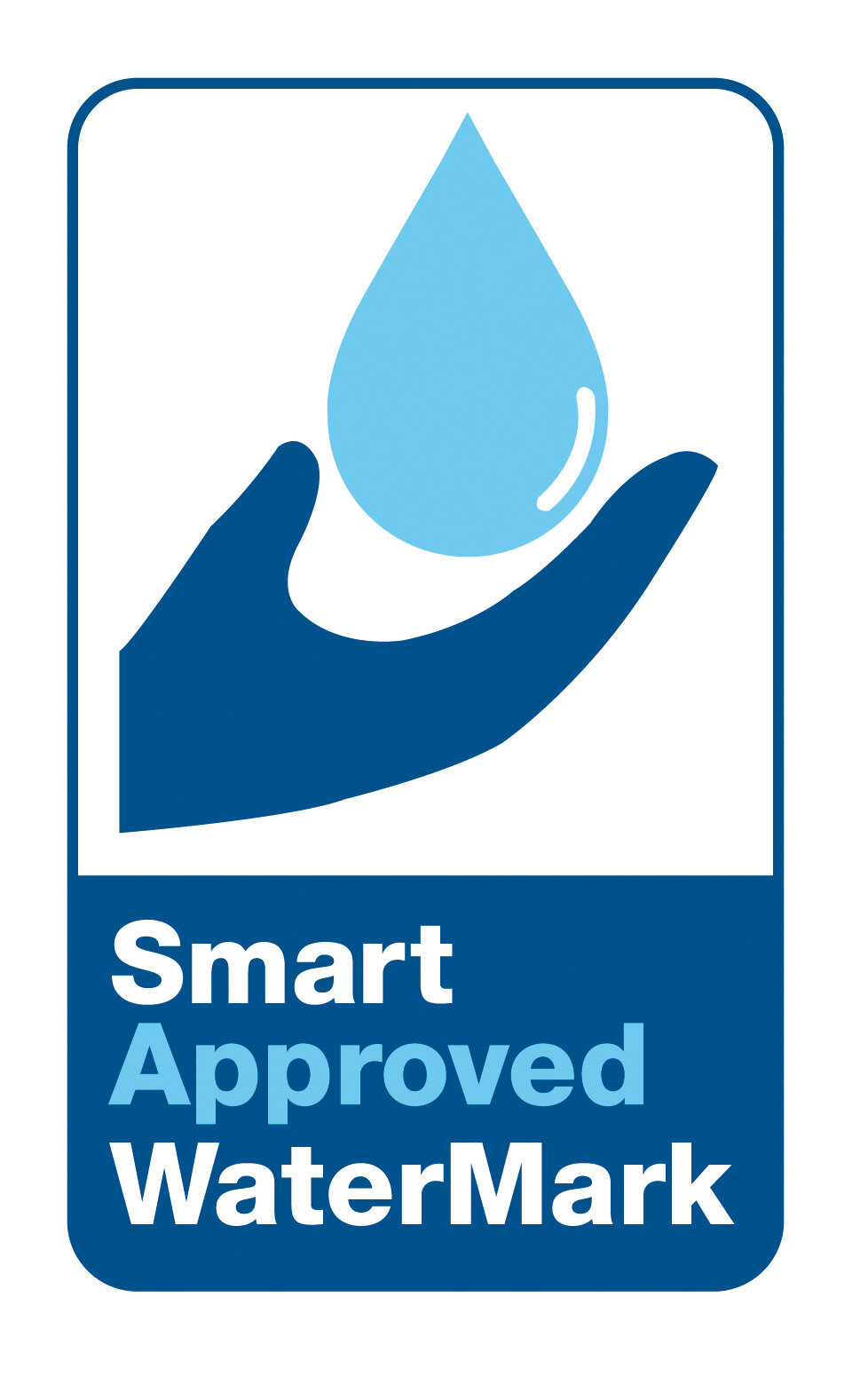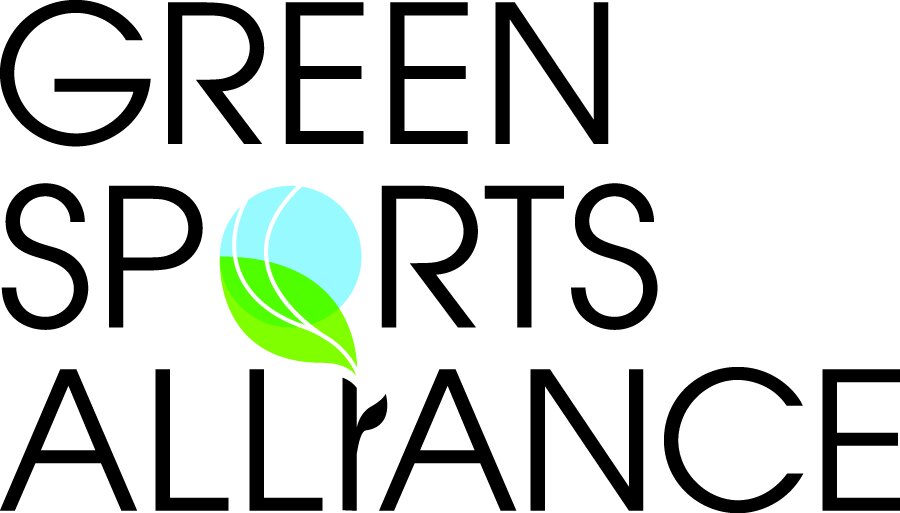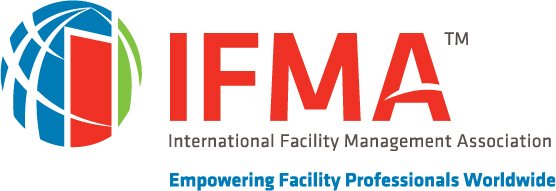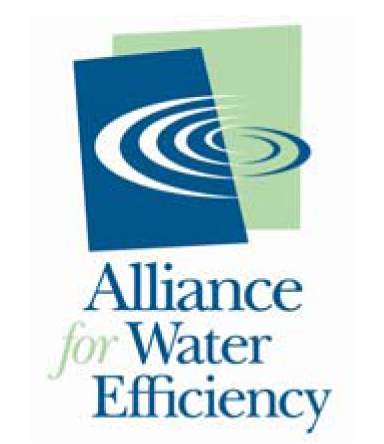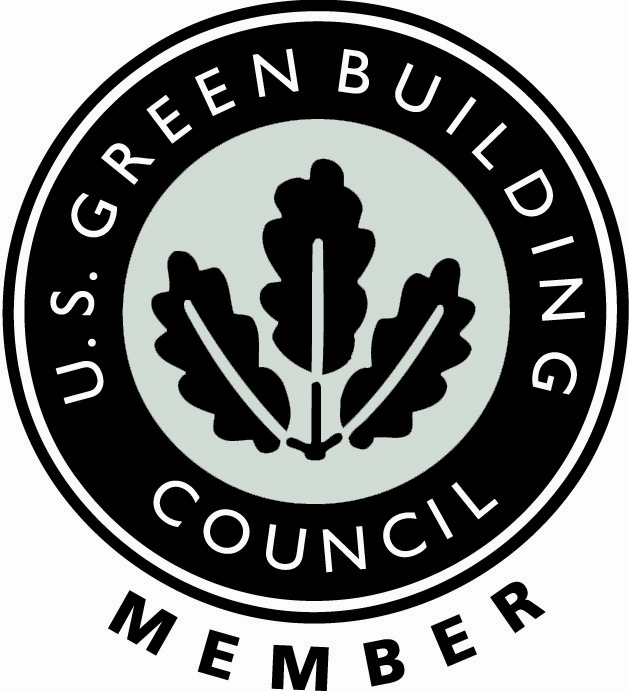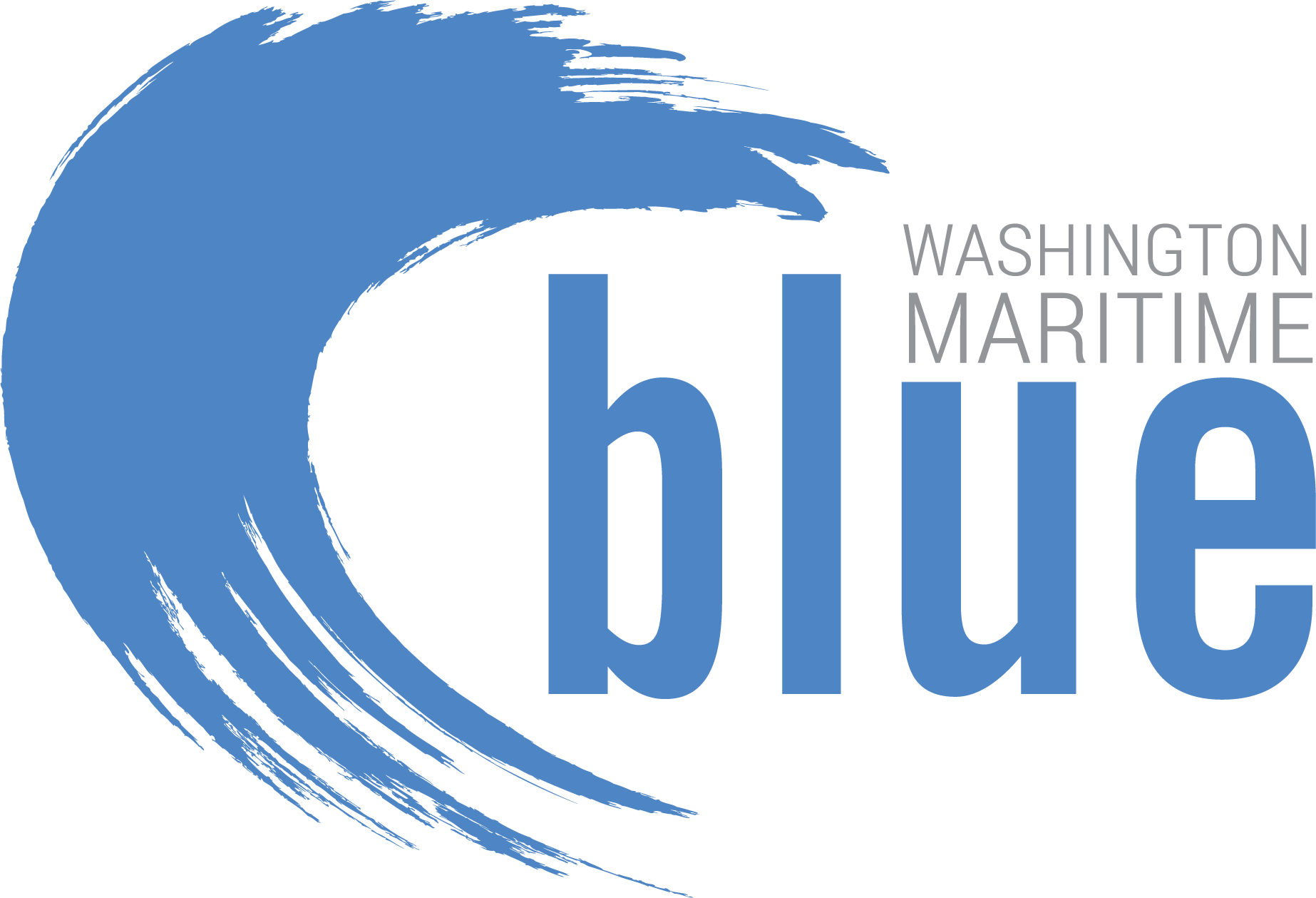Many advocates for water conservation and efficiency believe that early education is a powerful tool for addressing water-related challenges. By teaching children about water-related issues from a young age, we can empower them to become informed and responsible citizens who are committed to protecting our planet's most precious resource.
Here's why education matters:
Future Decision-Makers: Our children will be the leaders of tomorrow. Equipping them with knowledge now about water scarcity and efficiency will enable them to make informed decisions and shape a more sustainable future.
Environmental Stewardship: Understanding the importance of water conservation and water efficiency can foster a sense of ecological responsibility. When children learn why it's crucial to use water wisely, they are more likely to make sustainable choices in their daily lives.
Critical Thinking Skills: Addressing water challenges requires problem-solving skills. By teaching children about water issues early, we can help them develop the critical thinking abilities they need to address a variety of complex challenges.
Informed Citizens: Educating children about water issues can empower them to become more informed citizens. This will enable them to make informed decisions about water-related policies and advocate for necessary change.
Why Water Education is So Essential
Educating children about water is necessary because most children – and we can include adults here – in many parts of the world still take water for granted. It’s there whenever needed. We rarely give it a second thought.
Further, most children have no idea where the water they use at home or in school comes from. They have little or no awareness of how it is treated and distributed or know little or anything about water scarcity - four billion people around the globe experience at least one month per year when there is little or no water available.
Further they need to know that:
Water is life. Without water we would cease to exist.
Too much water is unusable. Forty percent of the world’s water is polluted. Using polluted water for cooking and bathing spreads innumerable diseases.
Water is precious. Students who learn about local water sources, how water is treated, stored, and distributed gives them a deeper understanding of the value of water. They come to realize this is a finite source that must be protected.
Droughts have serious impacts. It’s essential for students to learn about droughts, because in many parts of the world they are becoming more frequent and lasting much longer. Understanding this will encourage students to find new ways to use water more responsibility and efficiently.
There are solutions. We must also educate children about steps being taken now to address the world’s water challenges. For instance, once a rarity, water audits are increasingly being conducted in commercial facilities around the globe.
These audits find where water is being wasted, where it can be reduced, and where it can be eliminated altogether.
Other steps being takin around the globe are planting native vegetation around facilities, fitting restrooms with highly efficient toilets, and eliminating the wasteful use of water to flush urinals. These steps can be incredibly effective at reducing water consumption, allow us to use water more efficiently, and provide us with a foundation to develop new and effective ways to protect this vital resource.
Klaus Reichardt is CEO and founder of Waterless Co, Inc., a pioneer in advancing water efficiency. Reichardt is a frequent author and presenter who discusses water conservation issues. He can be reached at klaus@waterless.com



